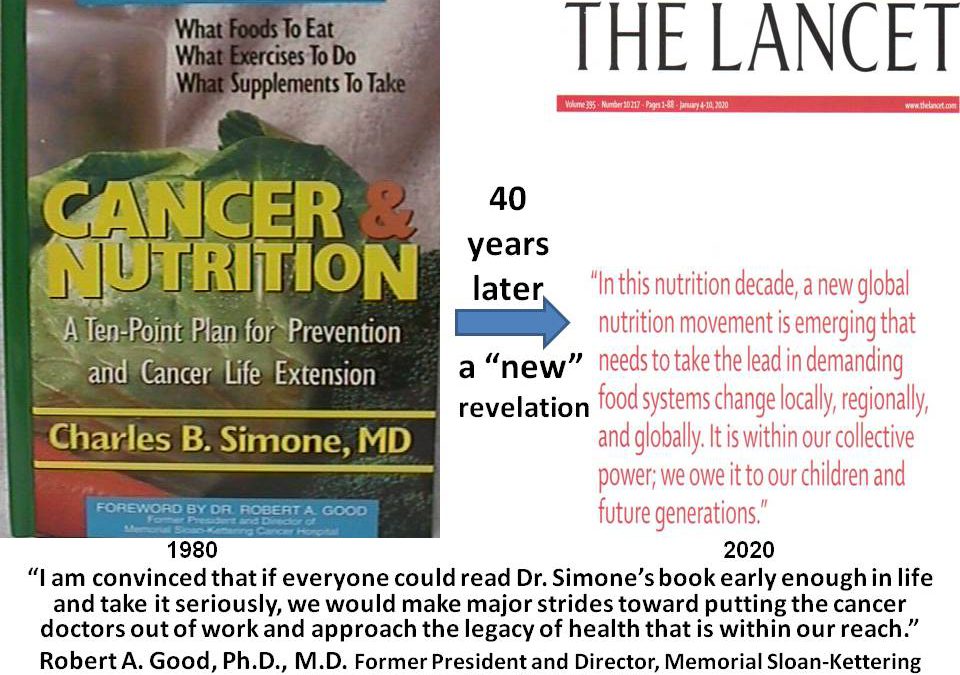
by Dr Simone | Jan 9, 2020 | Cancer and Nutrition, Charles B. Simone, Nutrition
“I am convinced that if everyone could read Dr. Simone’s book early enough in life and take it seriously, we would make major strides toward putting the cancer doctors out of work and approach the legacy of health that is within our reach.”
Robert A. Good, Ph.D., M.D.
Former President and Director, Memorial Sloan-Kettering Cancer Hospital, New York City
1980

by Dr Simone | Dec 19, 2019 | Big Pharma, FDA, Healthcare Costs, The Simone Report
The tables below show: the Ten Most Costly Drugs in 2017 for Medicare Part D (Outpatient Prescriptions) and the Ten Most Costly Drugs in 2017 for Medicare Part B (Physician Administered Drugs); drug efficacy as determined by Cochrane Reviews, and comparative global prices obtained from internet sites. The patient and taxpayer pay for these drugs. If they are beneficial, we should use similar or identical drugs from other countries that cost significantly less.
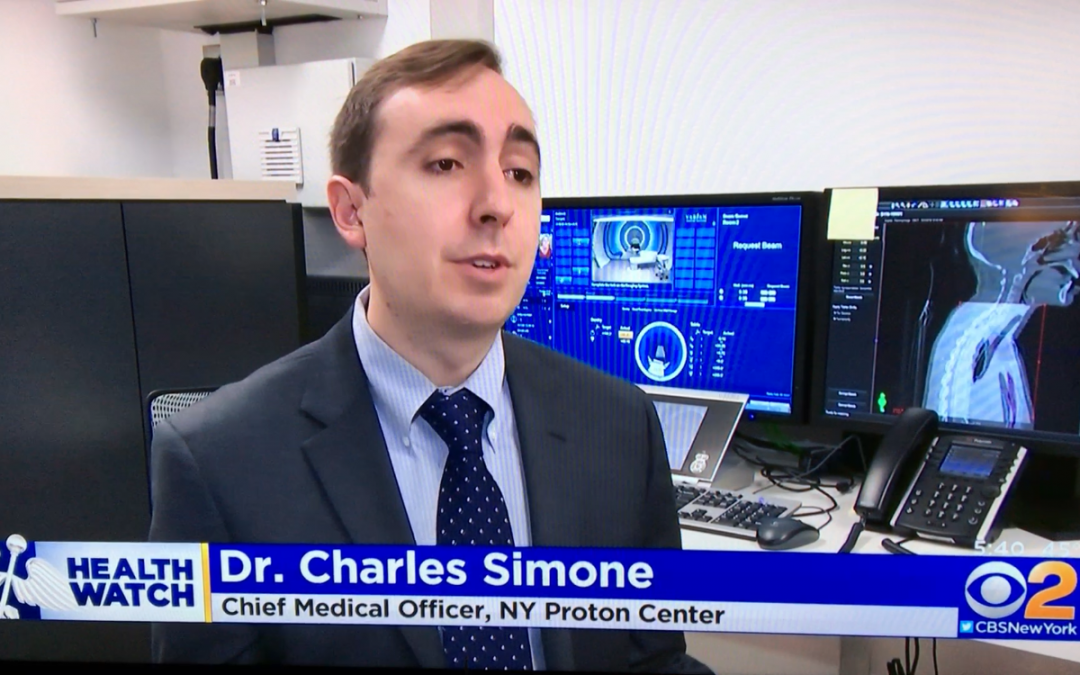
by Dr Simone | Nov 20, 2019 | Cancer, Radiation
Charles B Simone II MD, Medical Director at New York Proton Center CBS News Nov 20, 2019 discussing proton radiation cancer treatment.
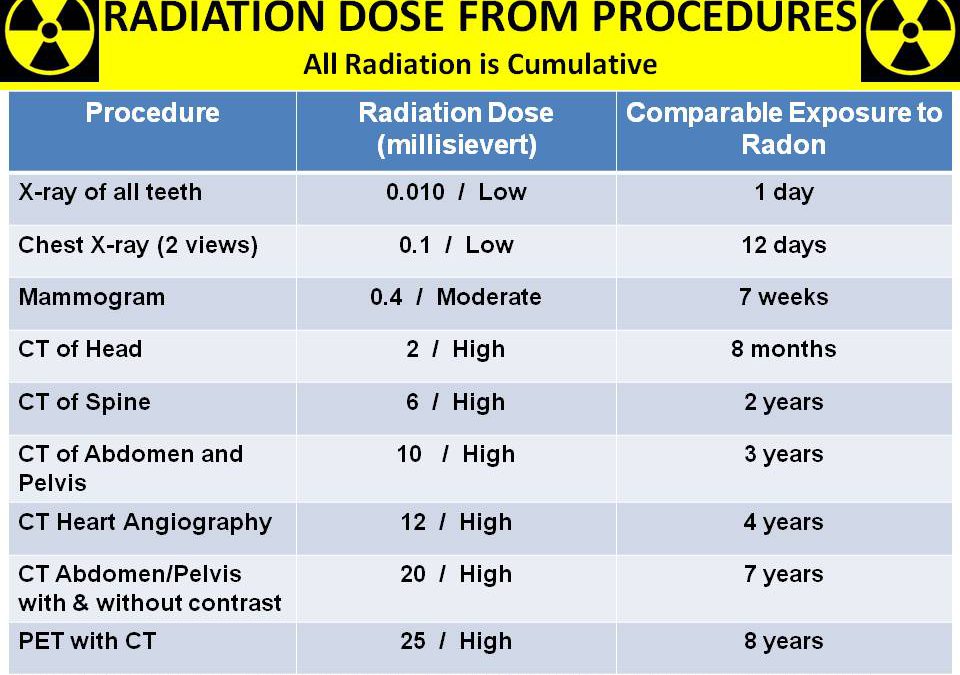
by Dr Simone | Oct 24, 2019 | Cancer, Radiation, Simone Super Energy
Radiation is cumulative. Even the radiation you may have gotten from the shoe-fitting fluoroscope is still with you. 15,000 people die every year from cancers caused by radiation from CT scans. And children who had a CT scan had a 24% higher risk for developing cancer, with a 16% additional risk for each additional scan. Children who had one CT scan before age 5 had a 35% higher risk for cancer.
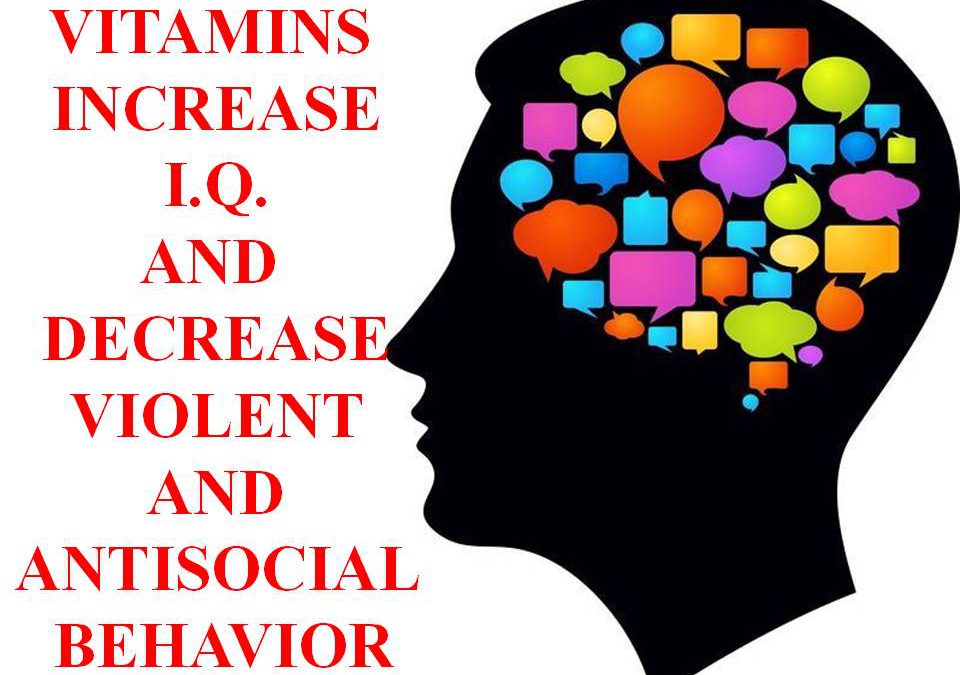
by Dr Simone | Oct 7, 2019 | Bullying, Dr Simone, I.Q., Nutrients
The human brain consumes about 20% of all the calories taken each day. The brain does not function well if there are few calories in the diet and if the diet lacks proper vitamin/mineral intake. Studies involving hundreds of thousands of children from the United States and around the world show this could lead to poor brain functioning, low I.Q., poor impulse control and bullying. High fat foods, junk food, and lack of vitamins, minerals, fruits and vegetables lead to a higher risk.

by Dr Simone | Aug 30, 2019 | The Simone Report
We do not diagnose disease or recommend a dietary supplement for the treatment of disease. You should share this information with your physician who can determine what nutrition, disease and injury treatment regimen is best for you. You can search this site or the...

by Dr Simone | Jul 12, 2019 | Dr Simone, Dr Simone Report, Environment
Harmful algal blooms can produce toxins that cause illness in people
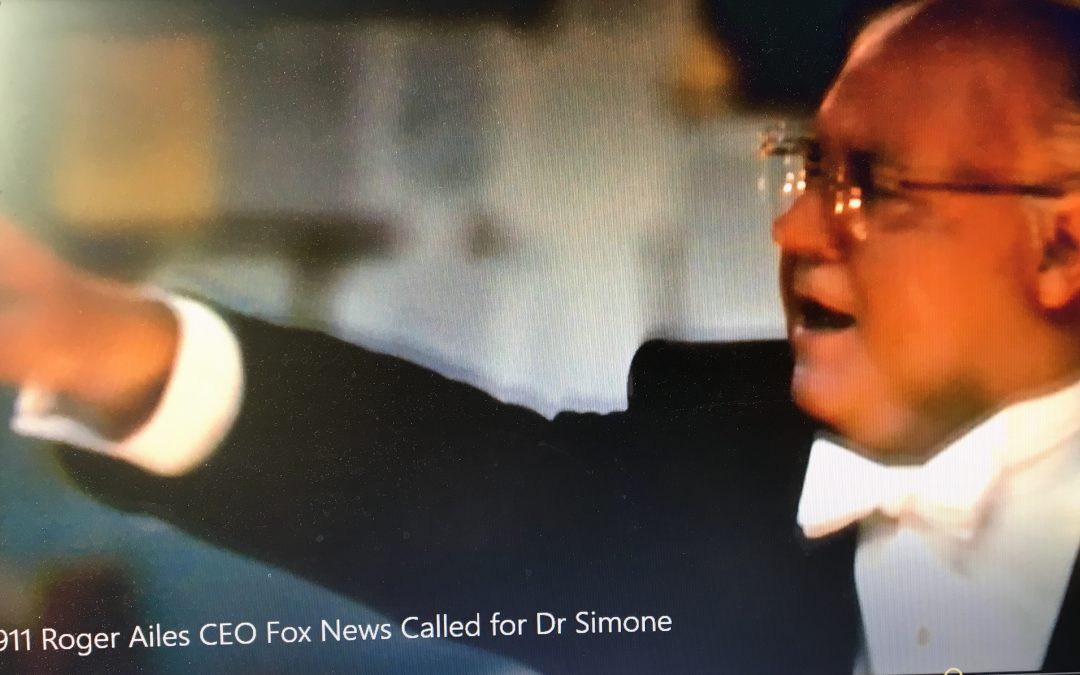
by Dr Simone | Jul 10, 2019 | Charles B SimoneMD, Dr Simone, Dr Simone Report, Terror Attacks
Roger Ailes, CEO Fox News, played by Russell Crowe in “The Loudest Voice” called for more interviews of Dr Simone during the weeks following September 11, 2001 – “an anthrax expert, get him, book him, he was good.”
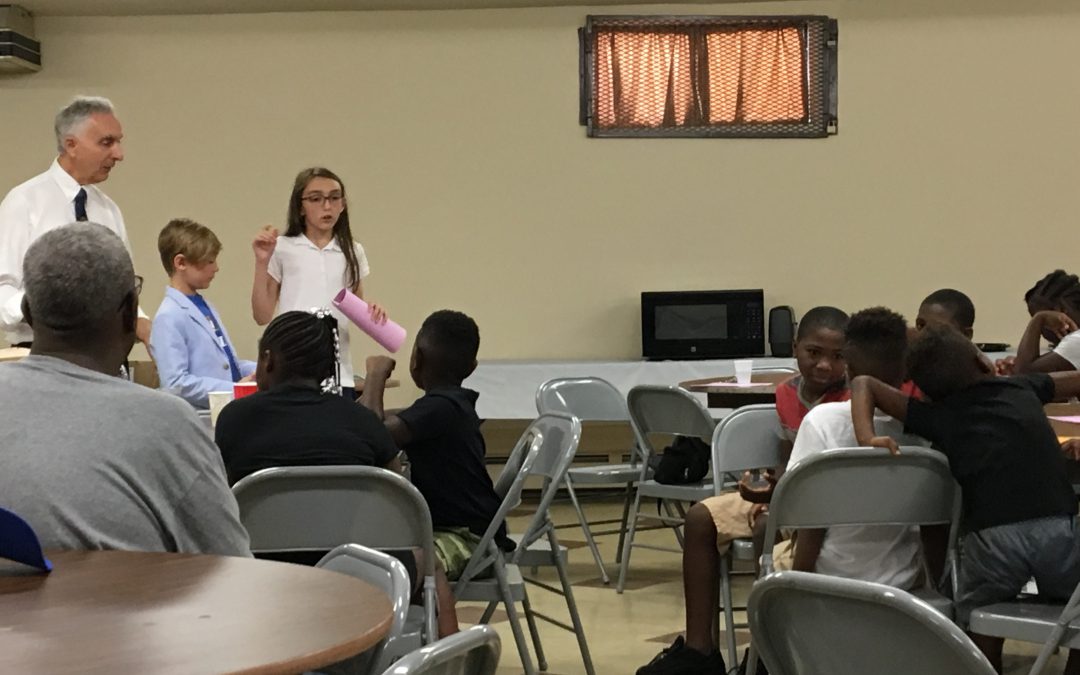
by Dr Simone | Jul 8, 2019 | Charles B SimoneMD, Dr Simone, Dr Simone Report, HEALTHY START, HEALTHY START PREVENTION PROGRAM, Kidstart
SIMONE HEALTHY START PREVENTION PROGRAM, CHILDREN CAN ASSIST TEACHING. The Simone Healthy Start Prevention Program was first started in 1983 by Charles B. Simone, M.D. It is described as the only prevention program in the country. The key to prevention is to teach our children early in life about a healthy lifestyle.
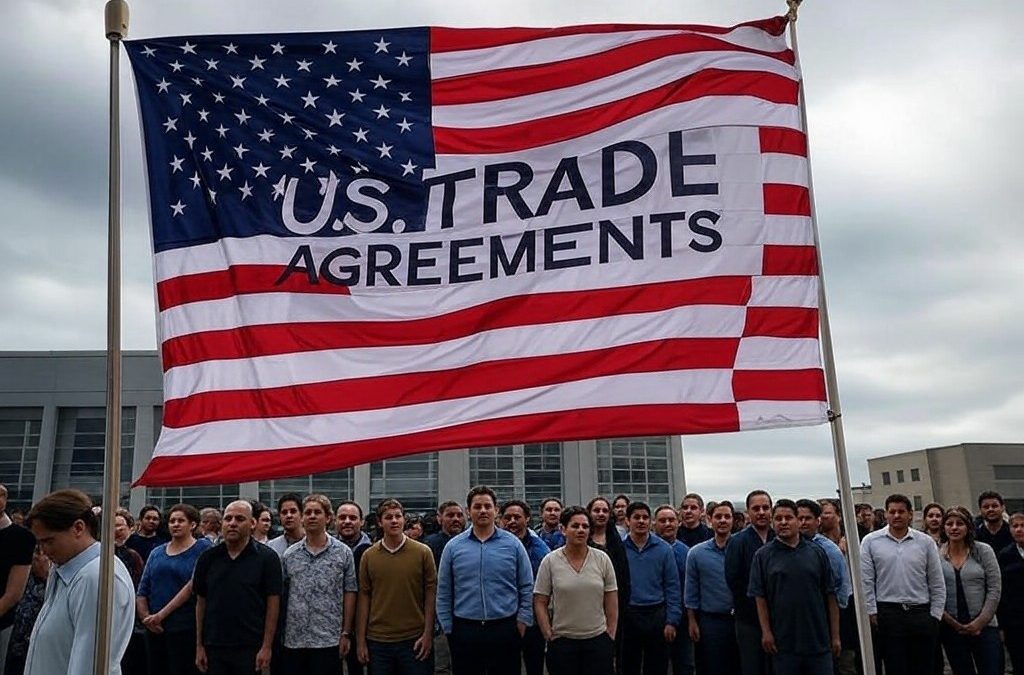
by Dr Simone | Jun 21, 2019 | Big Pharma, Charles B SimoneMD, Dr Simone, Dr Simone Report
Americans have lost pharmaceutical jobs, pay higher prescription drug prices, the American trade deficit grows costing the American taxpayer more money, and Americans continue to greatly subsidize Big Pharma.
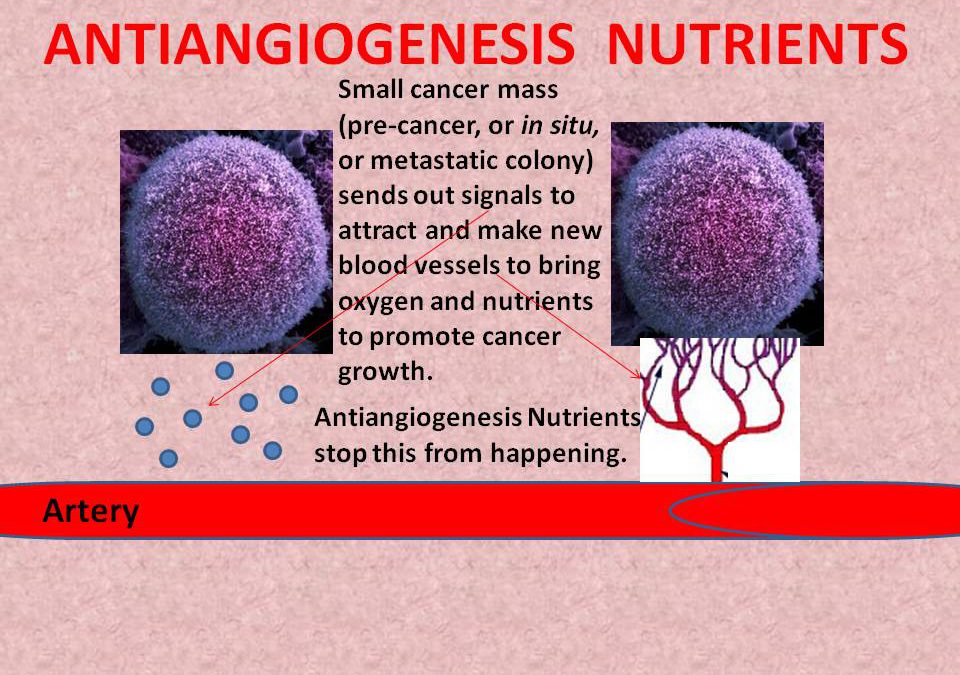
by Dr Simone | Jun 19, 2019 | Antiangiogenesis, Cancer, Cancer and Nutrition, Charles B SimoneMD, Dr Simone, Dr Simone Report, Nutrients, Nutrition
Without angiogenesis, cancers cannot grow or metastasize. Use these foods and their nutrients to prevent cancer, to prevent invasion of a pre-cancer (colon adenomas, prostate and cervical intraepithelial neoplasia, actinic keratosis), and to prevent cancer growth and progression. Remember, the more colorful foods you have on your plate, the healthier you will be. Prevention of cancer is simple and more cost effective than invasive cancer treatment.
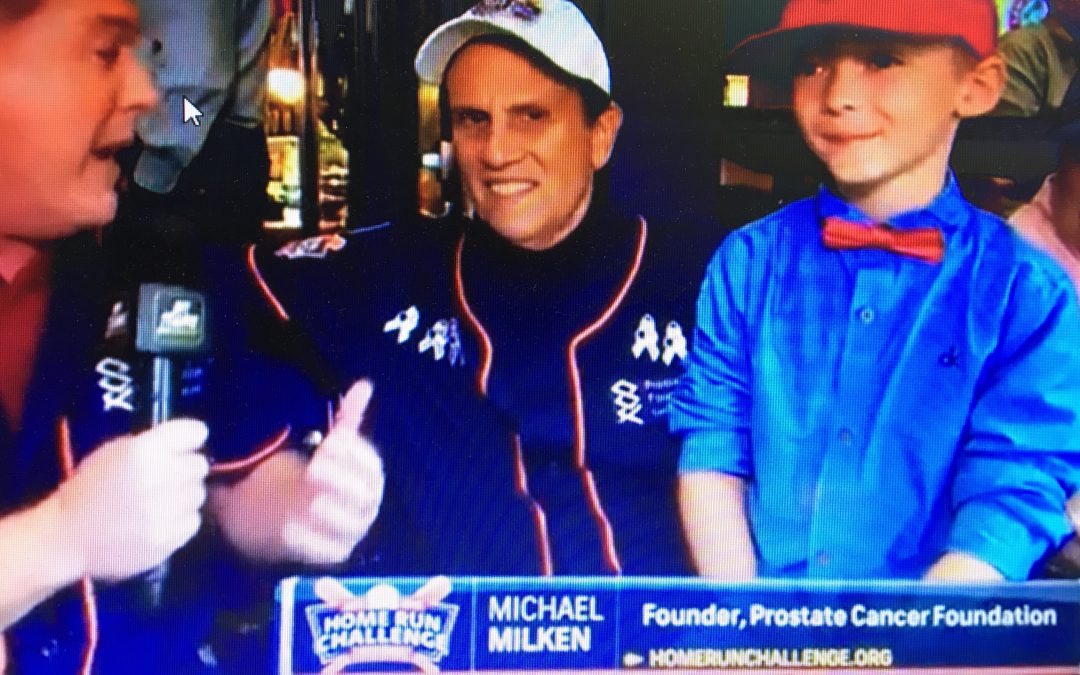
by Dr Simone | Jun 11, 2019 | Charles B SimoneMD, Dr Simone, Dr Simone Report, Prostate Cancer
June 10, 2019 – Michael Milken, Founder of the Prostate Cancer Foundation with Nicholas (“best dressed person”) discusses the mission of the Foundation, raising awareness for prostate cancer screening and treatment with the help of Major League Baseball, the Philadelphia Phillies.
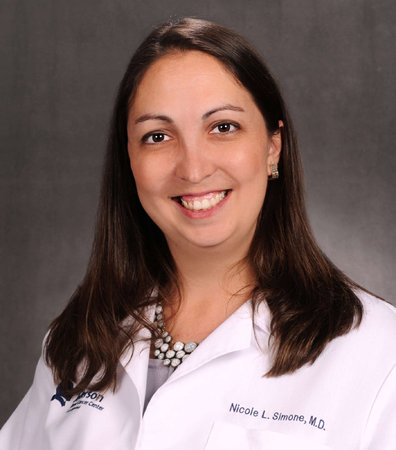
by Dr Simone | May 30, 2019 | Breast Cancer, Cancer, Cancer and Nutrition, Charles B SimoneMD, Dr Simone, Dr Simone Report
Nicole L Simone MD Speaks About Cancer and Cancer Patients – her laboratory research supports that cancer patients can modify their lifestyle regarding nutrition, exercise, etc., to decrease the risk of recurrence and metastasis.

by Dr Simone | May 28, 2019 | Charles B SimoneMD, Dr Simone, Dr Simone Report, The Simone Report
There are many risk factors associated with suicide but this Report will focus on one that is often not mentioned – prescription psychotropic drugs. Data submitted to FDA show that antidepressants are ineffective in children and teenagers (mean age 9-18 years) and adults. Even in the most severe cases of major depression for which antidepressants are actually approved, they were not effective compared to placebo. And largely withheld from the medical community and the public, antidepressants can induce violent behavior, suicidal ideation and suicide. This interview on the Erskine Show will provide a Plan of Action that includes the Simone Ten Point Plan with certain nutrients and other lifestyle changes to optimize health.
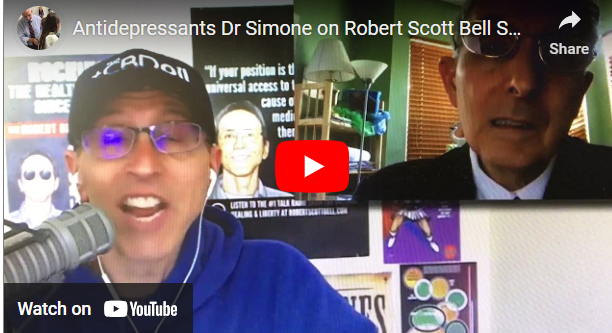
by Dr Simone | May 28, 2019 | Antidepressants, Charles B SimoneMD, Dr Simone, Dr Simone Report, Sacred Fire of Liberty Ceremony, Suicide
There are many risk factors associated with suicide but this Report will focus on one that is often not mentioned – prescription psychotropic drugs. Data submitted to FDA show that antidepressants are ineffective in children and teenagers (mean age 9-18 years) and adults. Even in the most severe cases of major depression for which antidepressants are actually approved, they were not effective compared to placebo. And largely withheld from the medical community and the public, antidepressants can induce violent behavior, suicidal ideation and suicide. This interview by Robert Scott Bell will provide a Plan of Action that includes the Simone Ten Point Plan with certain nutrients and other lifestyle changes to optimize health.
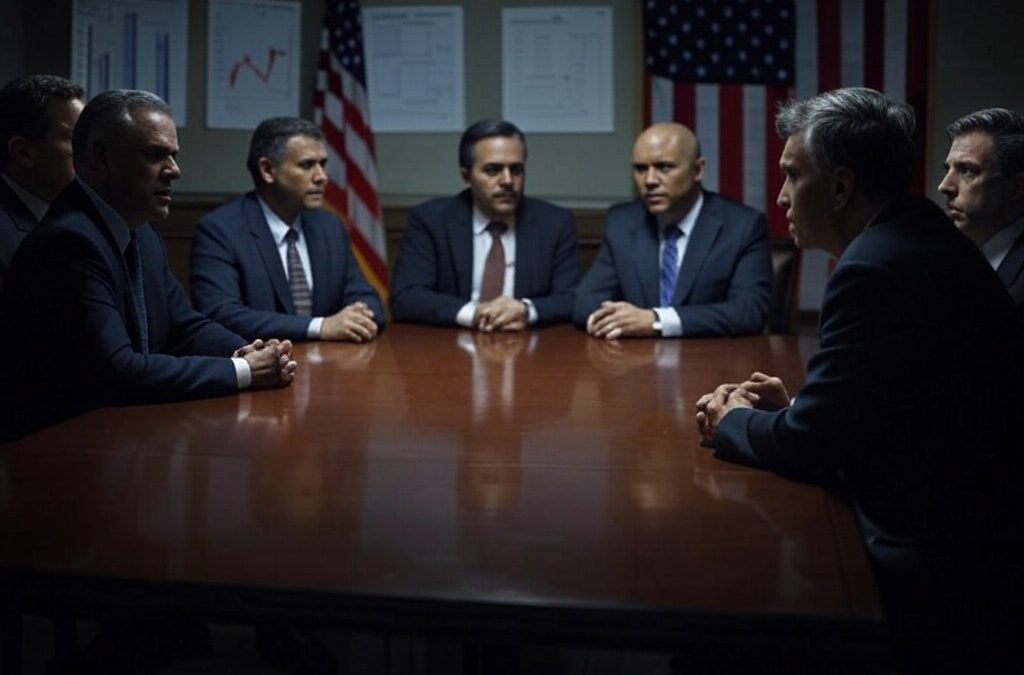
by Dr Simone | May 13, 2019 | Big Pharma, Charles B SimoneMD, Dr Simone, Dr Simone Report, Pharmacy Benefit Managers
43 states are suing 20 Big Pharma companies, 11 of which are in New Jersey, for price-fixing conspiracy accounting for billions of dollars profit in the United States.
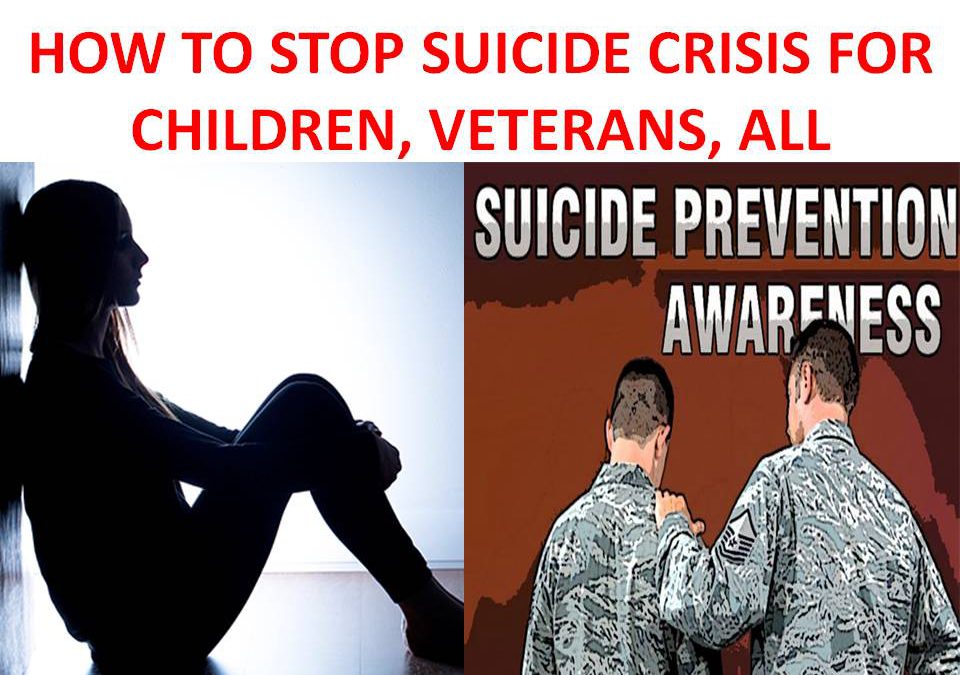
by Dr Simone | Apr 15, 2019 | Charles B SimoneMD, Dr Simone, Dr Simone Report, Suicide
There are many risk factors associated with suicide but this Report will focus on one that is often not mentioned – prescription psychotropic drugs. Data submitted to FDA show that antidepressants are ineffective in children and teenagers (mean age 9-18 years) and adults. Even in the most severe cases of major depression for which antidepressants are actually approved, they were not effective compared to placebo. And largely withheld from the medical community and the public, antidepressants can induce violent behavior, suicidal ideation and suicide. This Report will provide a Plan of Action that includes the Simone Ten Point Plan with certain nutrients and other lifestyle changes to optimize health.

by Dr Simone | Apr 1, 2019 | Big Pharma, Charles B SimoneMD, Dr Simone, Dr Simone Report, FDA, Health Policy, Healthcare Costs, Kidstart, KidStart Prevention Program
Despite spiraling costs, there is little progress in combating major diseases. Our focus on treatment, with minimal attention to prevention, creates a cost explosive situation that grows exponentially. The following need to be addressed simultaneously To Stop The Healthcare Crisis:
1) KIDSTART PREVENTION PROGRAM
2) PERSONAL RESPONSIBILITY
3) MAKE AMERICA HEALTHY AGAIN PROGRAM
4) GOVERNMENT INTERVENTION
5) FDA REFORM
6) STOP BIG PHARMA
7) STOP HEALTH INSURERS
8) STOP POLLUTION

by Dr Simone | Mar 17, 2019 | Charles B SimoneMD, Dr Simone, Dr Simone Report, Phytoestrogen, Polycystic Ovary Syndrome (PCOS), Prostate Cancer, Prostate Health
It would be advantageous to reduce testosterone levels for women who have Polycystic Ovary Syndrome (PCOS) and for men who have prostate cancer. Chamomile contains phytoestrogen compounds that counteract the effects of testosterone.
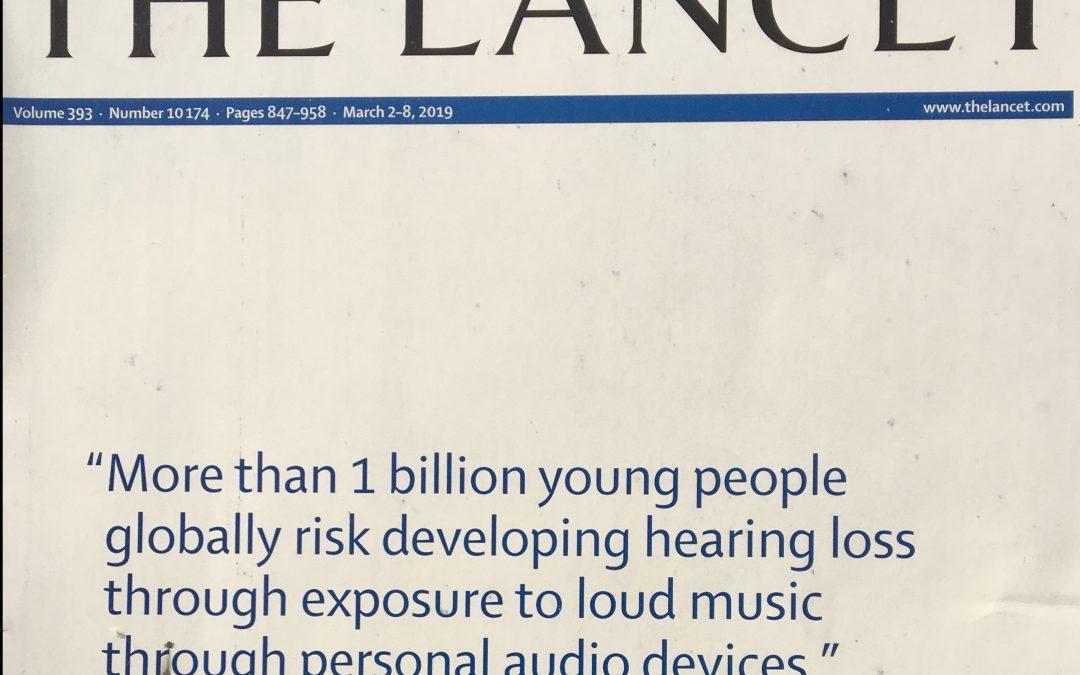
by Dr Simone | Mar 14, 2019 | Charles B SimoneMD, Dr Simone, Dr Simone Report, Hearing Health, Hearing Loss
“More than 1 billion young people globally risk developing hearing loss through exposure to loud music through personal audio devices.”




















